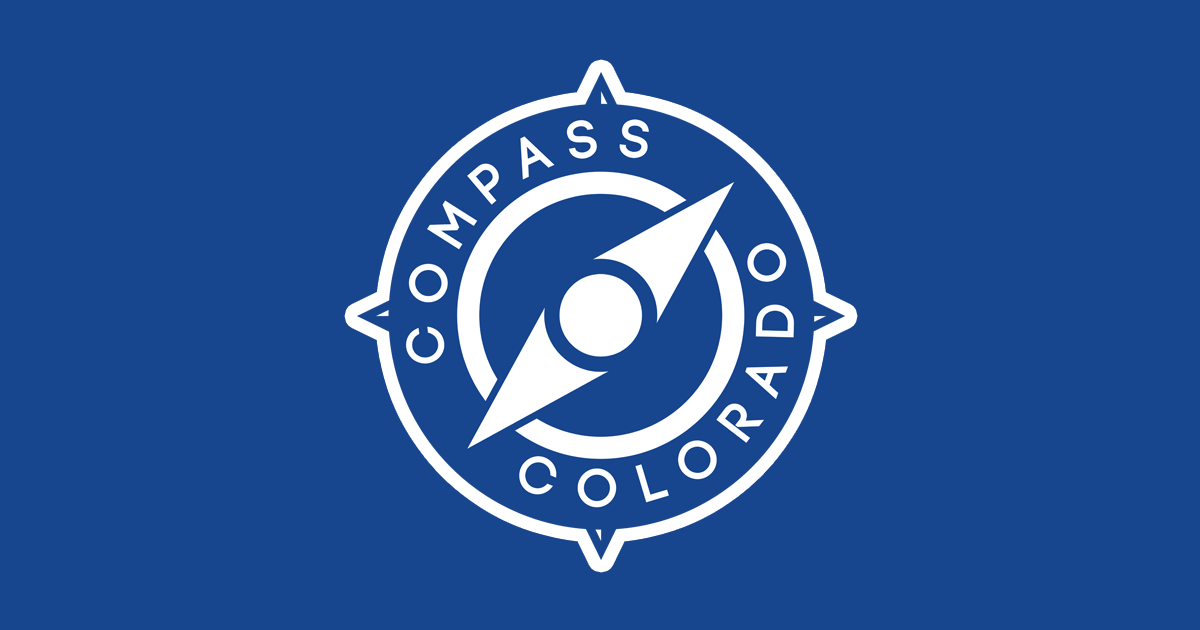In case you missed it, the following editorial from Compass Colorado was published March 20, 2021 in the Colorado Sun.
###
Opinion: Polis’ COVID-19 business restrictions caused needless harm to Colorado’s economy
Colorado Sun
March 20 2021
Kyle Kohli
Gov. Jared Polis has expressed little regret about his administration’s response to the COVID-19 pandemic.
“We’ve done better than many other states,” Polis argued in a press conference earlier this month.
“Our death rate is significantly lower than the national average,” he said. “Our economy is building back faster, we were one of the first states to reopen, and we continue to lead the way in terms of making sure people are able to do what they want to do in a safe way during a pandemic.”
There are significant problems with these claims, starting with Polis’ revisionist history on Colorado’s economy. In fact, it’s not “building back faster” than most other states. In fact, Colorado’s 2020 annual average unemployment rate had the 10th largest year-over-year increase in the entire nation from 2019.
Prior to COVID, Colorado had the fourth-lowest unemployment rate. Now, as of January, we rank in the bottom third at 6.6%. Nearly 113,000 jobs were shed since January of last year, while small business revenue is down almost 30%.
Employment did modestly recover from the spring shutdowns, but stalled out at about 7% from the fall through December. If it weren’t for December’s sharp 36,000 contraction in labor force participation, the unemployment rate at the end of the year may well have been even higher.
In my view, the loss of so many Coloradans from the workforce at the end of the year is likely attributable to harsh COVID restrictions implemented by Polis last November. Indeed, payroll data show the employment rate for low-wage workers cratered following Polis’ renewed lockdown.

About 94,000 restaurant jobs have been lost with 40% of the restaurant workforce furloughed. All told, Colorado restaurants lost more than $3 billion in 2020, according to a recent industry survey. Job losses in these sectors were disproportionately concentrated among women and working-class communities.
Yet, Polis would have the public believe Colorado is “leading the way” reopening and getting people back to work. That might be true for some people, but not for many poor workers.
And what about the governor’s claim about Colorado’s low COVID death rate? It is true Colorado does have one of the lower COVID death rates nationally, but that doesn’t tell the whole story.
Polis suggested his restrictions were the reason Colorado’s COVID mortality rate is lower than the national average. However, I question whether his restrictive COVID mandates made the state fare better than others in the pandemic.
Colorado maintained some of the most severe COVID restrictions nationally, according to a study released by WalletHub this month. Yet, according to that same study, our neighbors in Utah had the third-lowest COVID restrictions in the nation. Utah’s unemployment rate is less than half of Colorado’s at 3.1%, while its COVID death rate per capita is also over 40% lower.
Colorado’s COVID death rate per capita is roughly on par with Idaho’s, a state with low COVID restrictions and a far lower unemployment rate than we have here.
Idaho’s and Utah’s COVID case rates per capita both exceed Colorado’s, so their respective low death rates can’t be explained by a lower prevalence of the virus.
While Colorado’s COVID restrictions were far more stringent than states like Idaho and Utah, the states do share something important in common: healthy populations with low obesity rates. Using data from the United Health Foundation, one 2020 study ranked states like Colorado, Idaho, and Utah among the healthiest states in the country prior to the pandemic.
These states scored particularly well on measurements of adult obesity. Obesity may triple the risk for COVID hospitalization according to the CDC, and high obesity rates are also linked to greater COVID mortality.
While Democrats may point to select blue states like Hawaii and Vermont that fared relatively well with tighter restrictions, those states also maintain very low rates of adult obesity.
Unless Polis intends to take credit for the Rocky Mountains, the healthy lifestyles embraced by Coloradans likely contributed far more to Colorado’s low COVID death rate than any of the Governor’s onerous rules.
Polis can attempt to obscure the truth, but the stats do not lie.
Colorado’s economy is far worse today than it should be because Polis chose to unnecessarily shut the state down last November.
While the economy may continue to improve as COVID infections subside, I believe Polis’ legacy will forever be defined by the pain his restaurant shutdowns needlessly inflicted on small business owners and poor workers.

